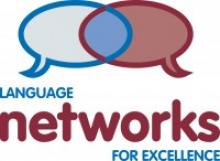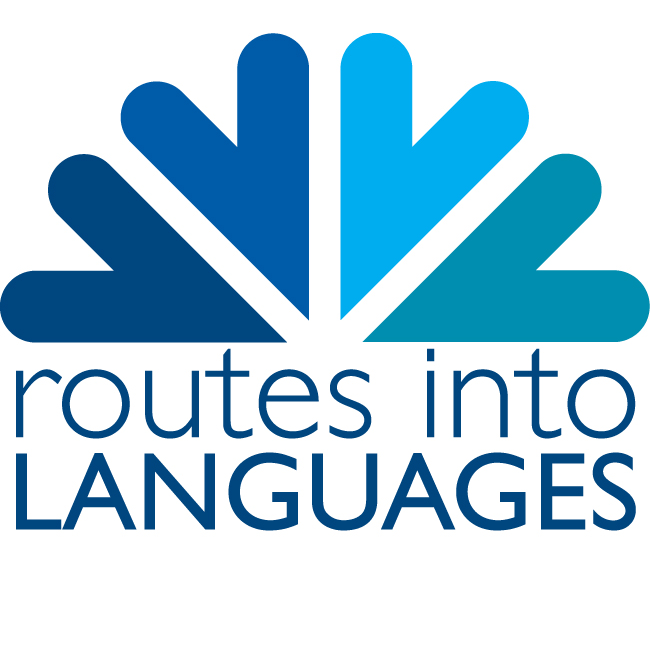
During the first 2 years of the Routes into Languages programme, Language Networks for Excellence, a West Midlands consortium partner, were involved in curriculum mapping and the effective communication of Higher Education language opportunities to post-16 learners across the region. A key focus in the 3rd year has been in relation to the involvement and engagement of decision makers in schools.
As a result, 2 evening focus groups for Head teachers were organised which aimed to create a qualitative evidence base for the pattern of language provision in West Midlands schools at decision makers' level.
Head teachers from non-specialist schools across the region were invited as it was important that those who would not consider themselves natural supporters of languages were targeted so as to avoid 'preaching to the converted'. Attendees included members of school senior management teams and Heads of Departments sent on behalf of Head Teachers.
Key areas of discussion centred on the pressures faced by senior managers in schools in relation to languages, the factors impacting on decisions around curriculum choices, and languages specifically.
Not surprisingly, given the target schools for the focus groups, languages were not compulsory in those that attended. This was generally due to low numbers, poor results and timetabling restrictions. A number of schools were, however, applying strategies and initiatives to ensure student choice and access to languages wherever possible.
It is clear that the issue of student choice is important to the schools and, as a result, they did not necessarily feel that a model of compulsory languages is always the most appropriate. This conflicts which much of the opinion from the languages sector and presents the issue of quality over quantity.
There is little doubt that senior managers in schools generally see the value in languages, along with all subjects. However, whether or not this translates into a commitment in the curriculum is dependant on a number of key factors and issues, many of which are out of their control.
In addition, a number of issues and barriers were identified including performance points, strategic priorities, staffing and accreditation, with some schools taking positive steps to address them internally, such as promotion and student engagement activities and links with other subject areas. Those generated externally, however, are more complex to overcome and require intervention from stakeholder groups and policy. It was felt, and in relation to the negative feelings towards policy decisions in relation to languages, that this is unlikely to happen in the near future. It was clear, however, that despite some reservations regarding the focus of initiatives, that school involvement in external projects does have a positive, and profile raising impact.
Many of the opinions discussed in the focus groups and the issues and barriers in relation to language learning, are inter-related and inter-dependant. However, they tend to centre on a number of key factors and it is important, therefore, that policy makers and other stakeholders are aware of these and attempt, where possible, to address and overcome them.
The outcomes from the focus groups will be used to inform the consortium beyond anecdotal evidence of what the barriers to language learning really are in West Midlands schools so that counteracting activities can be planned by Higher Education Institutions in the future.
For more information about the research please contact networks4excellence@wlv.ac.uk

